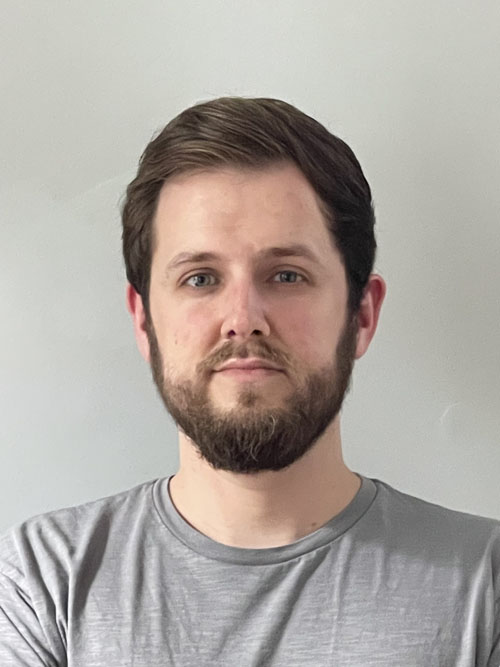In a groundbreaking 2022 Nature Medicine study, a chimeric antigen receptor T cell (CAR-T) treatment, developed for haematological cancer treatments, induced remission in five cases of the chronic autoimmune condition, systemic lupus erythematosus (SLE).

This successful study spawned a research trend of repurposing engineered immune cell therapies, which originated as cancer treatments and were hugely successful in treating blood cancers, towards the treatment of autoimmune diseases.
Simultaneously, there has been a marked increase in the number of novel therapeutic developments, particularly in the biologics field, refocusing their expertise towards dampening the immune response with the development of new antibody and cell-based immunotherapeutics.
RoukenBio, an immunology CRO (contract research organisation) that provides research services for the development of new drugs and therapies for immune-mediated diseases, has experienced this shift firsthand.
Between 2023 and 2025, RoukenBio’s projects for (I-O) drug discovery and translational projects dropped from 98% to 47%, as autoimmunity projects grew in prominence, soaring from 0% to 37%.
Dr Gavin Meehan (pictured), Associate Scientific Director of Immunology at RoukenBio, said: “The autoimmunity therapeutic development market has grown substantially in the last few years and at RoukenBio, we have been among the first to experience this shift through a surge in new autoimmune project requests."
“This trend was not unexpected as cancer and autoimmunity often involve the same immune pathways and mechanisms, but with opposing readouts."
"In a difficult funding market, this allows early-stage companies to pivot quickly, by applying the same immunological expertise to design new drug candidates for different indications.”
Owing to the gold rush of successful I-O discoveries, and the surge in investments it created, the space became extremely competitive. Therefore, many companies recognised the opportunity to repurpose their expertise in the less crowded field of autoimmune diseases.
Additionally, utilising I-O cell therapy and antibody-based therapies for autoimmune diseases aims to meet the huge demand for discoveries that may provide new options to patients who have been unresponsive to conventional treatments or have relied on medication with heavy side effects.
Dr Gavin Meehan said: “Through the knowledge gained from I-O, immunotherapies targeting autoimmune diseases can be more readily developed, allowing companies to bring new treatments to the market quicker."
"In the short-term, the areas expected to see the biggest breakthroughs in using I-O-derived strategies are the autoimmune diseases driven by antibodies, as many I-O-generated drug candidates can target the same cell surface receptors, meaning they can be quickly repurposed, providing potential new treatment options for these patients.”
In response to this growing trend, RoukenBio initially redeveloped its existing I-O assays to measure opposing responses, but with increasing demand, the CRO developed new and more complex primary immune cell assay systems specifically aimed at understanding autoimmune mechanisms.
